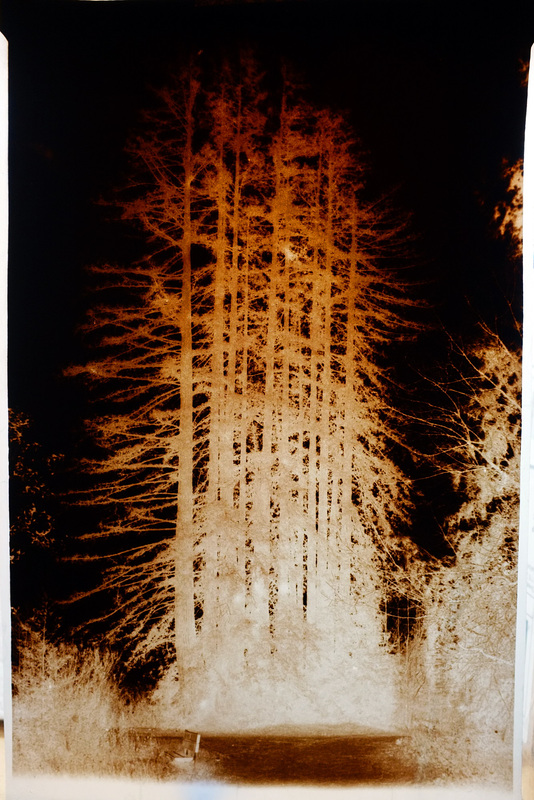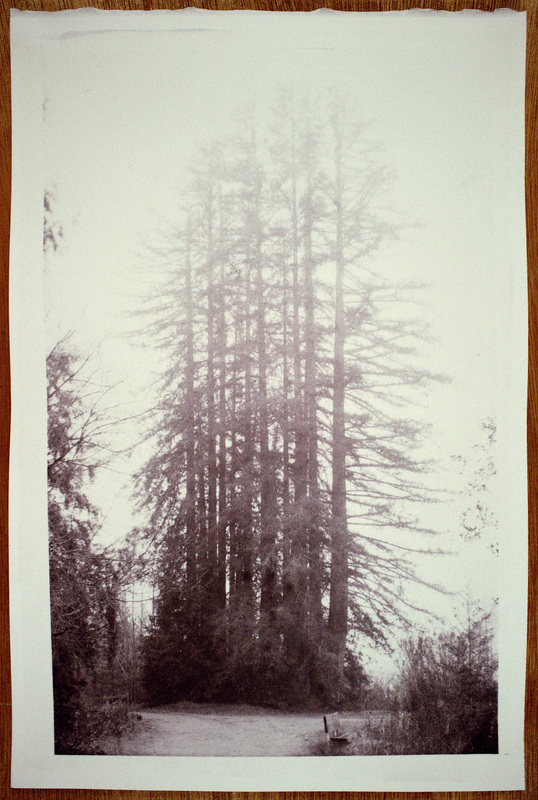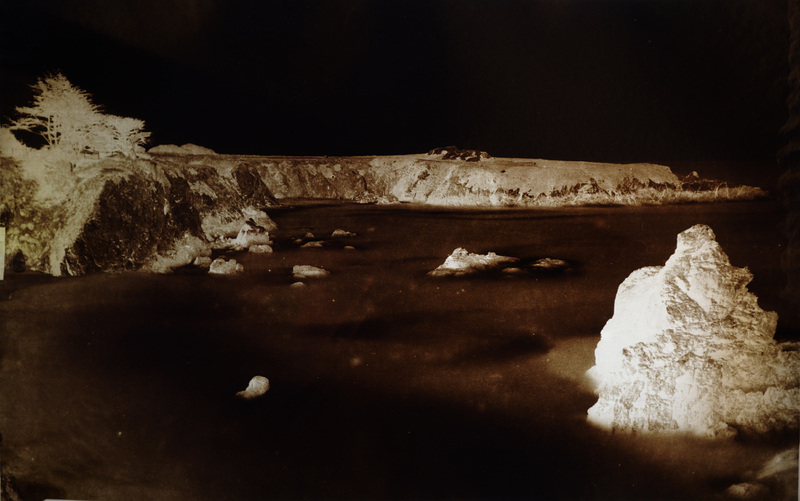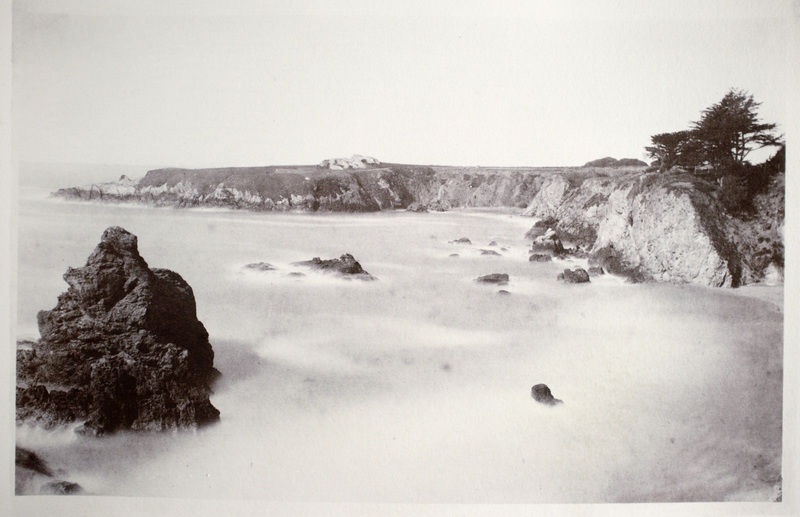I've been trying to learn how to make calotypes, and to make salt prints from them. I'm still learning how to do it, but making progress.
I was charting my progress over at f295: http://www.f295.org/main/showthread.php ... -calotypes
I will continue it here in this thread.
I've used several different homemade cameras, but recently I got a 7x11 Eastman No.2. I'm still learning how to use the large format camera and the different movements. Today I had a nice step forward when I figured out why I was having trouble with the darkslide catching on the calotype when I put it back in after making an exposure. A small piece of tape solved the problem!
I made a calotype this morning, and it is developed and in the wash right now. It needs to dry for about 2 days between changes of blotters before I can make a print from it. I'll post it here in a couple days. The photo this morning was fairly challenging for a novice at large format like me: it needed a lot of front rise, but that put the top of the trees out of the area that is covered by the lens, so I had to tilt the tripod and use some rear tilt. I think the treetops will end up a little soft, but they are redwoods standing in thick fog, so it might still look okay, we'll see. I'm feeling pretty happy right now that everything went well and I'm making calotypes with my "new" 100 year old camera.



